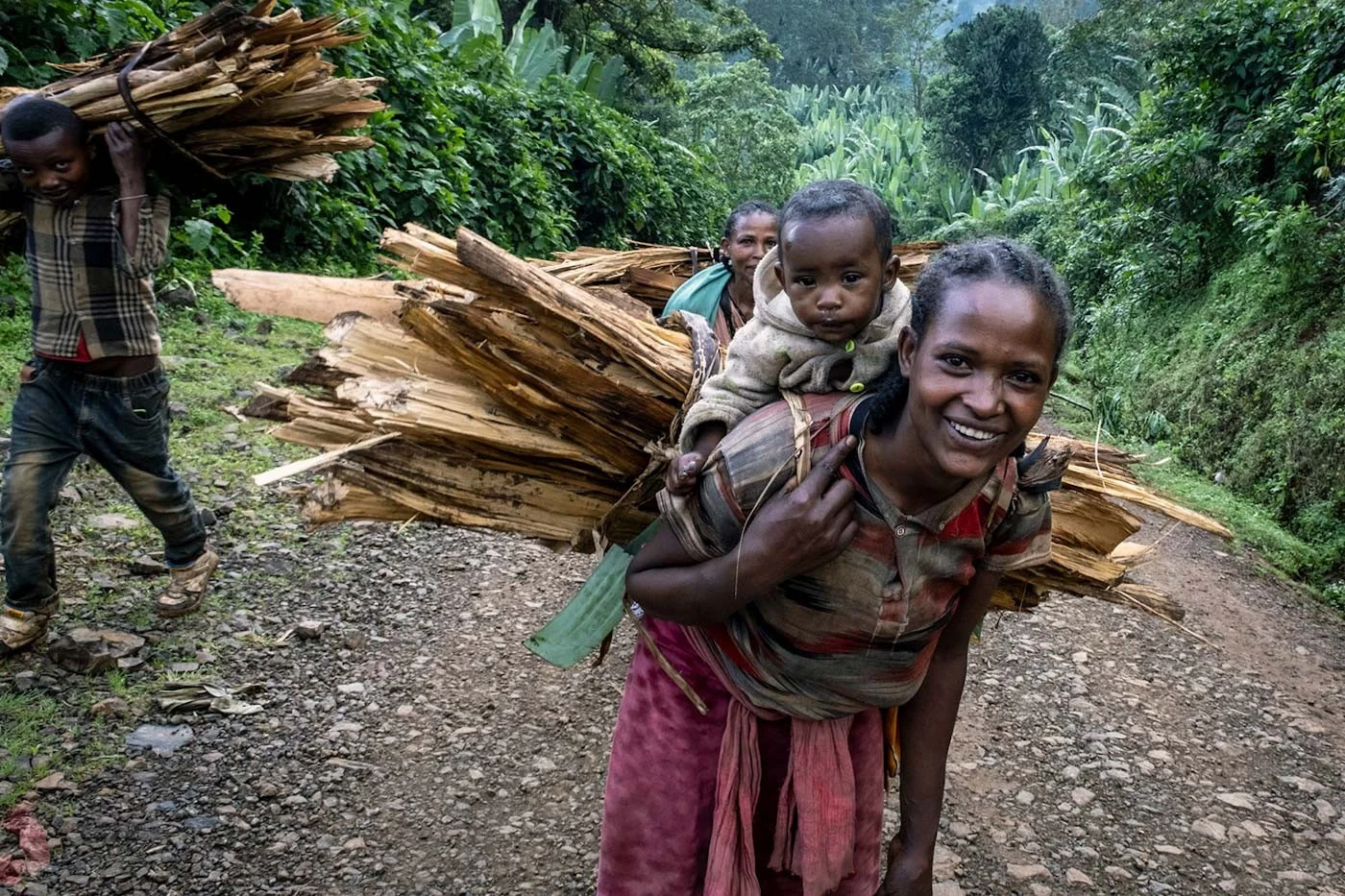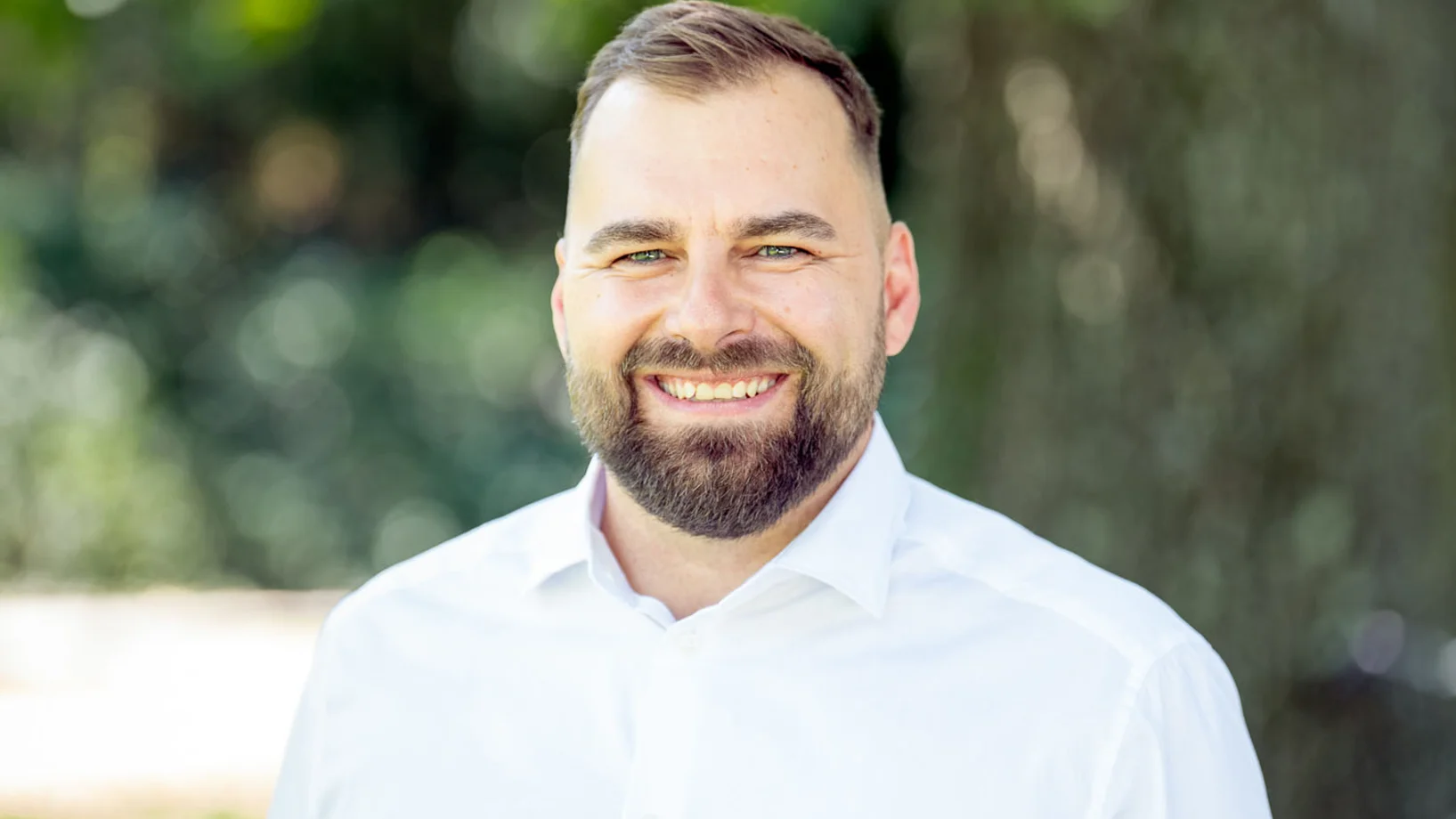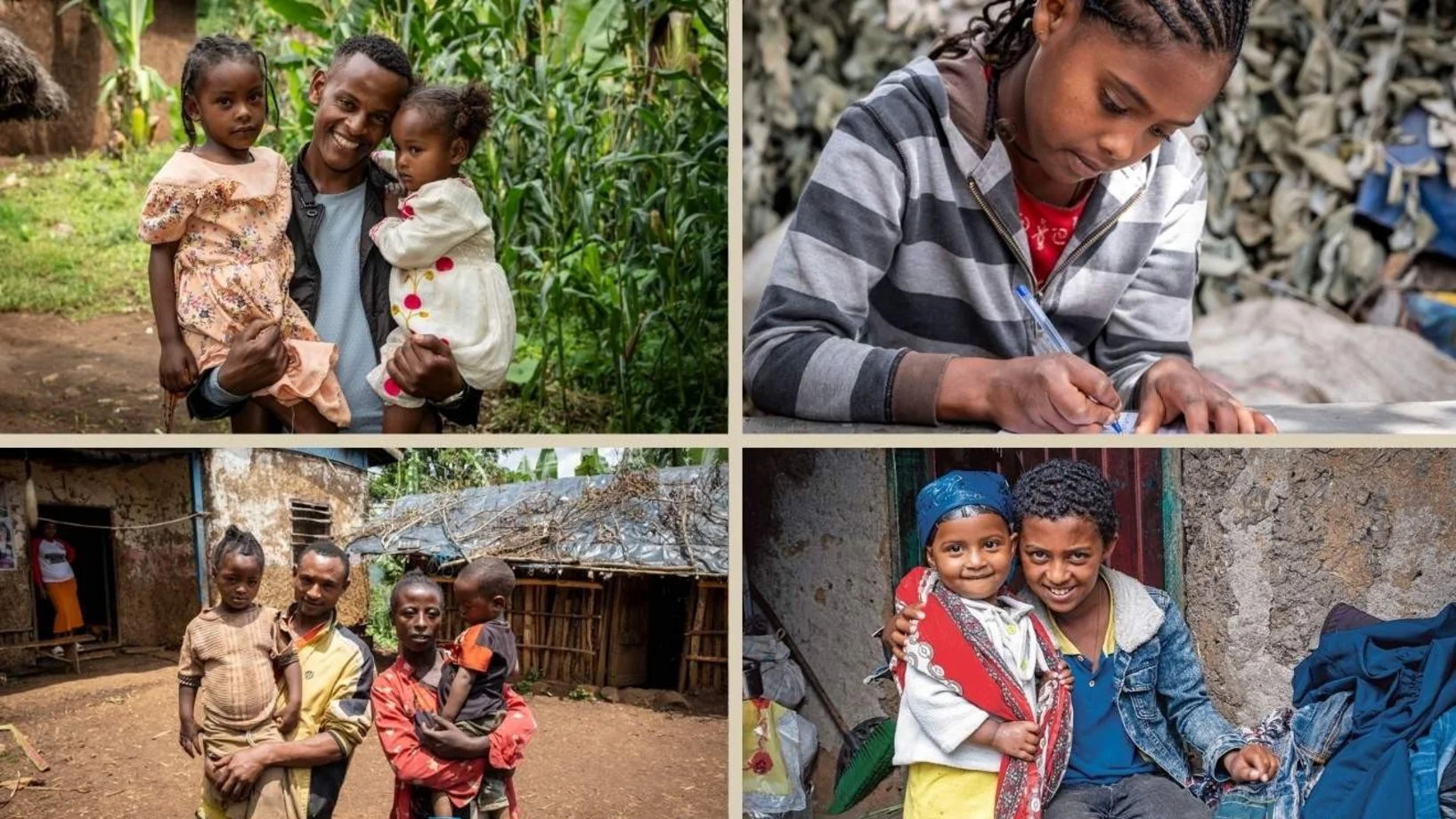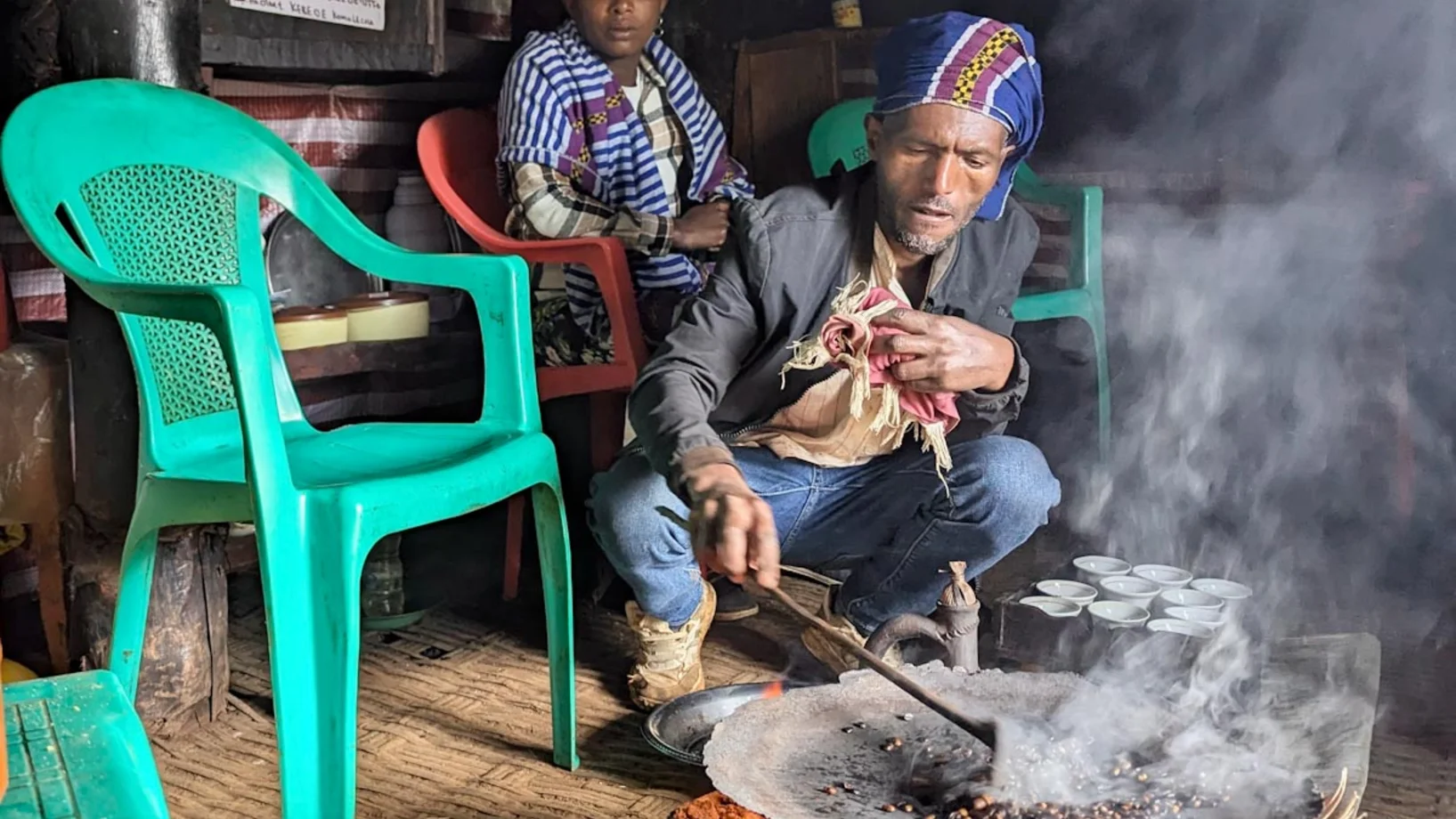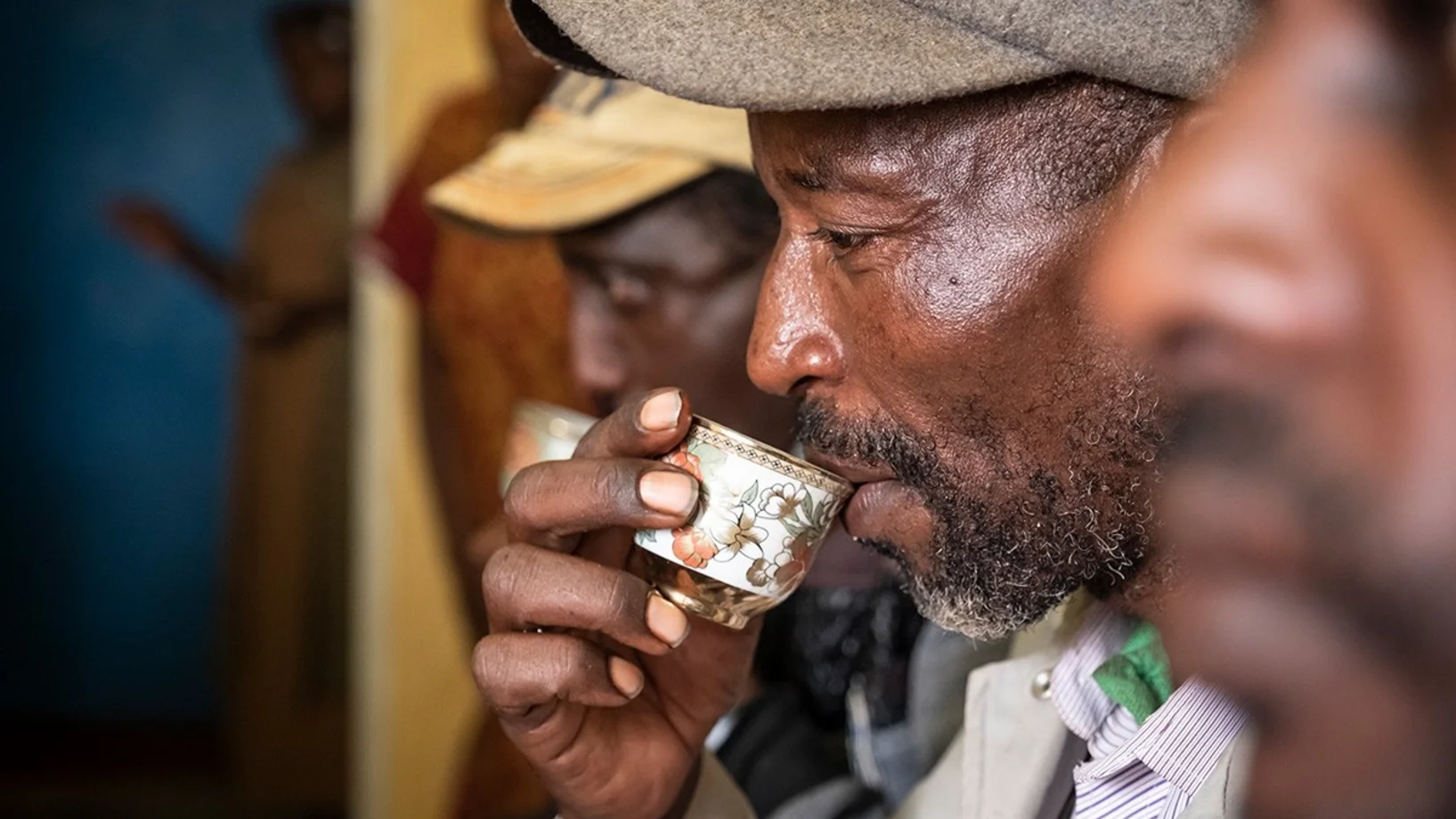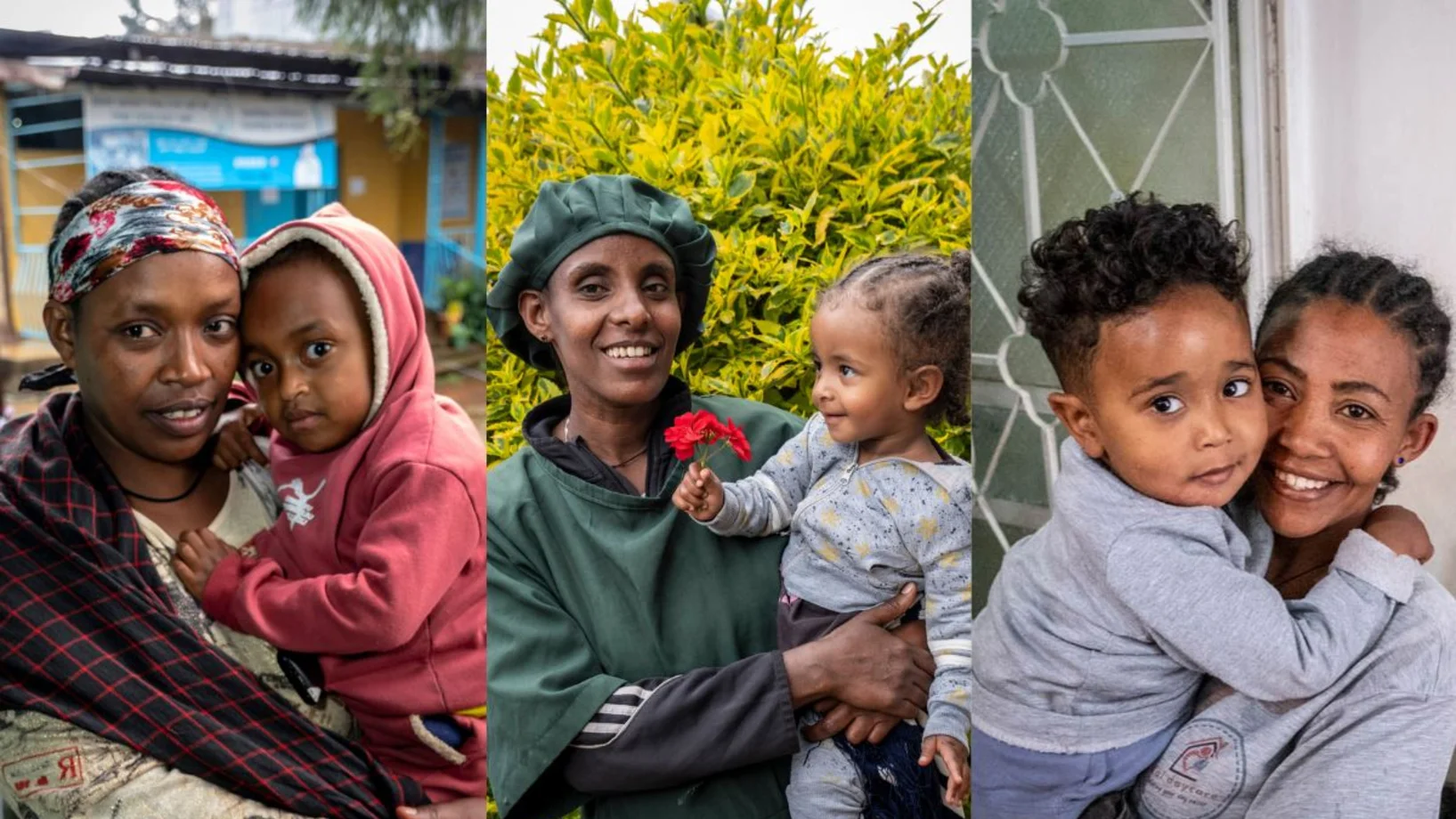Menschen für Menschen launches new project in southern Ethiopia
Zurich / Addis Ababa, July 8, 2025 - The Gedeo people in Ethiopia have created a unique agricultural system. But under the green canopy, poverty is growing: the land can no longer feed all the families. Menschen für Menschen is now helping to end hunger - as the first and only aid organization in the Raphe district in southern Ethiopia.
Scattered across the slopes are giant trees whose dark canopy of leaves towers over the Ensete - giant shrubs reminiscent of banana plants. Their man-sized, starchy leaves also stretch towards the sun. The people use them to make kotcho, the staple food of southern Ethiopia. Coffee bushes thrive in the shade of trees and shrubs, while chard, beans, potatoes and cabbage grow on the ground. The Gedeo people's forestry and agriculture in tiers is considered so unique that UNESCO has declared it a World Heritage Site,
But the traditional system has reached its limits - it can no longer feed the people. The population is growing rapidly. At 162 square kilometers, Raphe is as large as the canton of Appenzell Innerrhoden, but has six times as many inhabitants: around 98,000. From generation to generation, families own less land. Three out of ten households have to make do with less than a quarter of a hectare - that's not even a third of a football pitch.
Children go to sleep hungry
Under the cloak of the lush landscape in Raphe lies a surprising hardship. This was revealed by a baseline study conducted by Menschen für Menschen with 377 families on living conditions in the district. Nine out of ten families stated that they did not have enough to eat all year round. People cut down on meals, skip them - young children go to bed hungry without dinner.
Another hurdle is the lack of access to financial services. There are neither banks nor official credit facilities. Anyone who wants to invest - in fertilizer, seeds or simple tools - has to rely on private money lenders.
In addition, there are high costs for diseases caused by contaminated water. Most people are dependent on open water sources such as streams or untapped springs. These are often contaminated, which has serious consequences for the health and development of children in particular.
As elders described the situation at a citizens' meeting when co-managing directors Claudio Capaul and Michael Kesselring visited the district. "Yes, we have a lot of problems in the community," said Shibre Tamirat, a mother of four. "But we all know how to work hard. We know that this project by Menschen für Menschen is our chance."
Improving living conditions is urgently needed - especially for women, but particularly for expectant mothers. "Malnutrition often leads to complications."
The nearest hospital is more than a day's walk away - a complication that is actually manageable can quickly become life-threatening.
The food is not enough because it has to be shared among too many people: "Our population is very large and is constantly growing," emphasized Shibre Tamirat. "We need ways and means to curb further growth."
No contraceptives
Most women know about contraception. But from knowledge to use is not a self-evident process, the speaker made clear. This is also because although state health facilities theoretically offer birth control pills and contraceptive injections, these are often not available in practice. They do not find their way to Raphe because there are always gaps in the logistics of the health administration. "I also couldn't get contraceptives at times," said Shibre Tamirat. "Two of my four children were unplanned."
"To ensure food security and prospects for life, Menschen für Menschen decided to start a broad-based project in the forgotten district," explains Co-Managing Director Claudio Capaul. "We not only provide agricultural support, but also ensure that contraceptives are available in the health stations in the villages with the help of our vehicles." In addition to birht control pills, many women ask for contraceptive injections, which protect them from pregnancy for three months.
The project provides high-quality seeds, trains farmers in improved cultivation methods and supports them in cultivating their fields more efficiently. Day laborers with little or no land receive small livestock on the basis of fair microcredits. The aim is to increase productivity and thus create food security. The project repairs wells, builds spring catchments and trains water committees. This gives at least 4,500 people permanent access to clean water.
Focus on Women
A particular focus is on supporting women. Savings and credit cooperatives are being set up in the communities. Around 100 women each organize themselves in order to save small amounts, obtain microcredits and work together. This creates self-confidence, economic independence and freedom of choice.
Menschen für Menschen also organizes reproductive health education. Twelve peer educators are trained in each community. These family advisors provide information on contraception, hygiene, healthy nutrition, organic farming and nature conservation.
Shibre Tamirat is one of them. She will soon be going from house to house in her community, conducting talks, imparting knowledge and empowering women: "Only education will improve our situation."
Solidarity from Switzerland
The fact that the project is possible is thanks to the solidarity of many people in Switzerland. "Our work - from seeds to family counseling - would be unthinkable without the support of our donors," says Michael Kesselring. The Co-Managing Director of Menschen für Menschen points to a specific example: "With 56 francs, we can educate people and give two families permanent access to contraceptives. In a region without functioning healthcare logistics, this is often the only way to prevent unwanted pregnancies - and to overcome poverty."
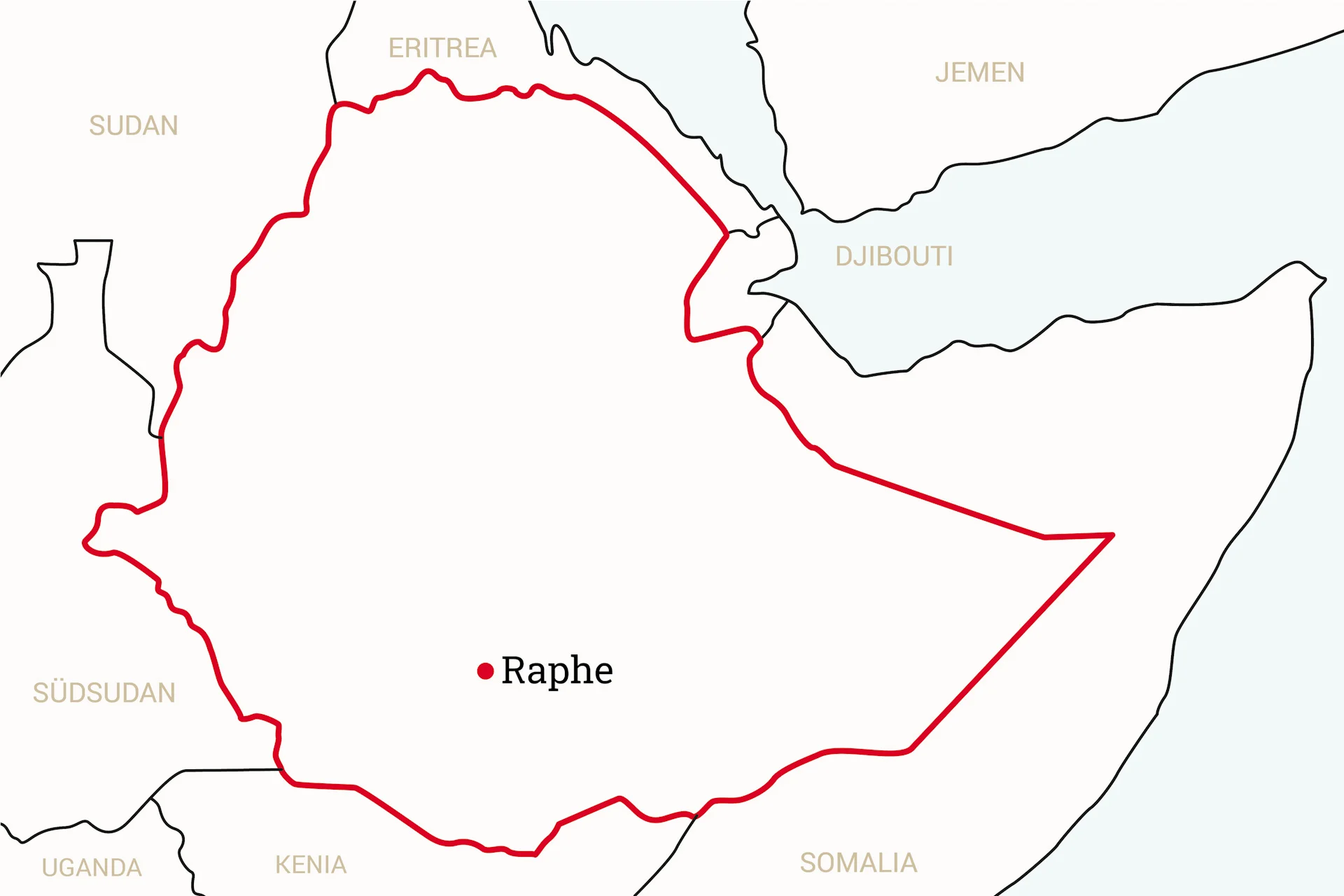
About the Foundation Menschen für Menschen
Menschen für Menschen is committed to fighting poverty and hunger. The foundation was established by the actor Karlheinz Böhm (1928 - 2014). In the spirit of its founder, the Swiss aid organization creates prospects for the poorest families in Ethiopia. The aim of the work is to enable them to live in dignity in their home country. The individual projects focus on promoting women, vocational training, microcredits, childrens aid, family planning and agricultural development. The components are combined according to local needs and implemented with carefully selected local partners.
Download the picture in HD quality and the media release as PDF here:
